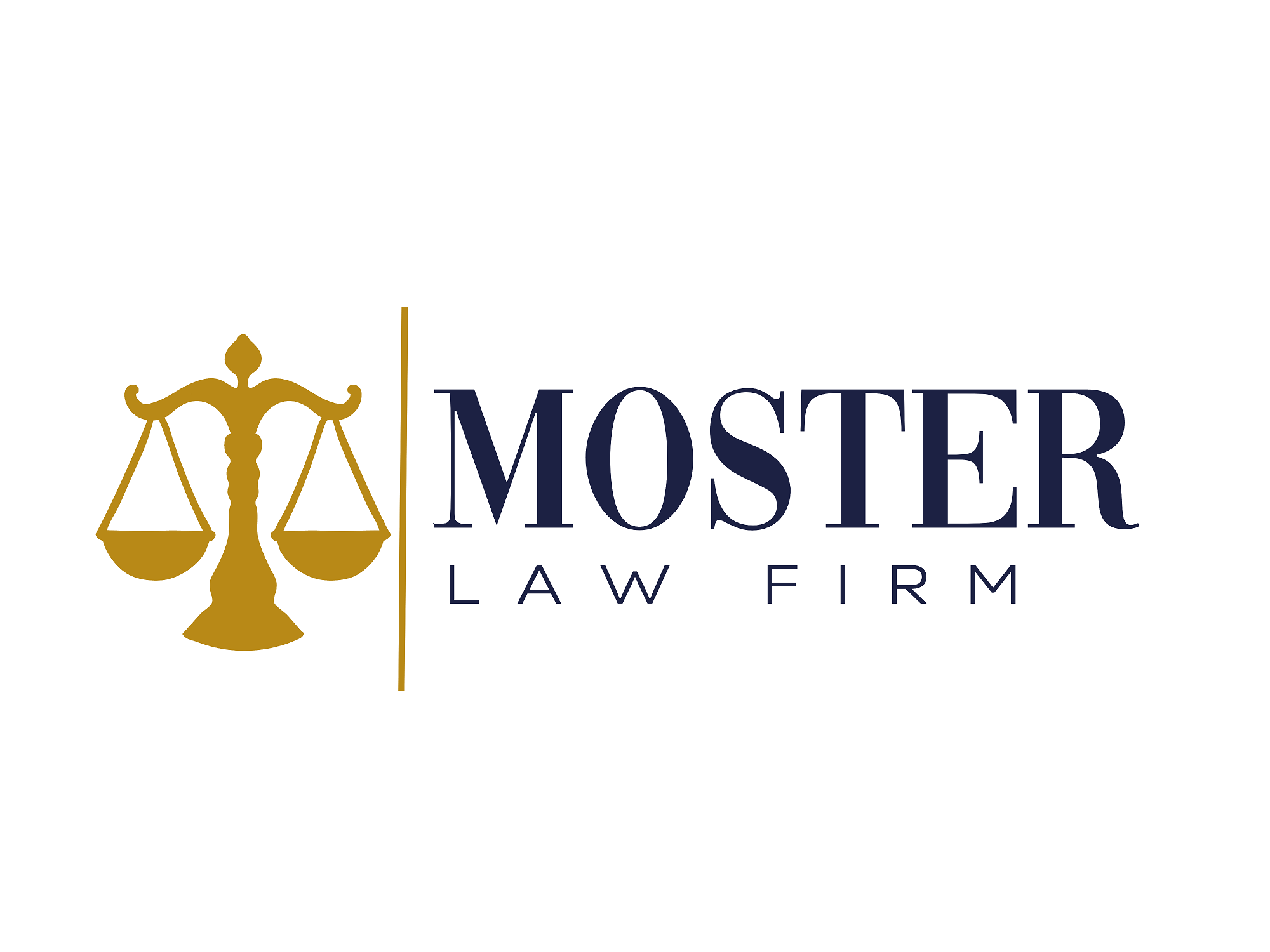As a Trademark and IP lawyer, I am often confronted by clients who have received denials of their trademarks by the U.S. Patent & Trademark Office in Washington, D.C. (the USPTO). They are often frustrated as they have already used the name for branding and paid big dollars on websites and advertising featuring their chosen name. They are not happy, to put it mildly.
They are notified of the denial by the USPTO filing of what is called an “Office Action” which is the stated reason the government is opposing the registration of the trademark. The typical objection is that the proposed trademark is descriptive, which means it is not distinctive enough for registration. These objections are hard to overcome.
The strength of the trademark determines the likelihood of USPTO approval. The more unique or original the mark, the greater chance that it will be accepted by the USPTO. The marks fall within the below spectrum from the greatest chance of approval to the least as follows:
- Fanciful Mark – Typically a combination of Letters or Numbers which are very unique like GOOGLE. High chance of USPTO approval.
- Arbitrary Mark – Words used in different contexts. For example, Apples are a fruit but registerable as the name of a computer company or record company – APPLE. Very good chance of approval.
- Suggestive Mark – Words typically in combination which suggest or infer the service or product requiring some mental effort. Example would be NETFLIX. Good chance of approval.
- Descriptive Mark – These are the weakest marks as they just describe the product or service. For example, “Findarealtor.com”. These marks are almost always denied.
A relatively recent case from the Supreme Court did approve a seemingly generic mark held by Booking.com, a multi-service travel registration company. The USPTO denied registration as being descriptive, but the Supreme Court reversed in somewhat questionable logic that the receipt of Booking’s – “.com” – somehow gave it a more unique status. Specifically, the company presented survey data that showed consumers were able to identify the website as relating to the trademark. This was sufficient for the Supreme Court which held that it could be registered. Consequently, it is possible to get a generic or descriptive mark approved, but exceedingly hazardous.
Bottom Line – Get legal advice from an experienced law firm like Moster Craft on the strength of your proposed trademark before filing for a trademark and certainly delay marketing dollars on a brand that might fail!
Charles Moster, Esq., founder of Moster Craft, heads the Firm’s trademark practice and has represented some of the largest big box stores in America.


